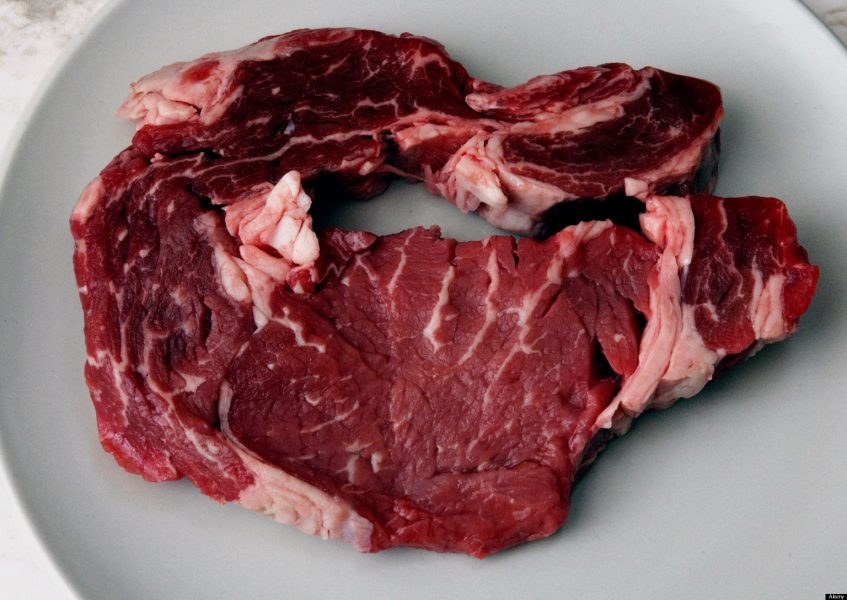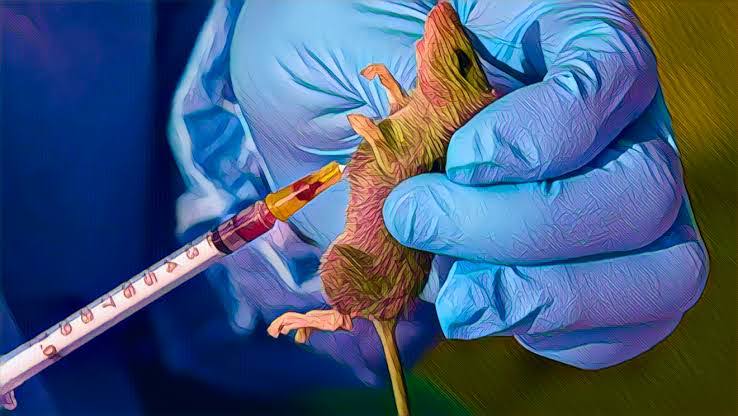A group of papers about red and processed meat and human health, released recently by Annals of Internal Medicine, says it’s OK to eat them because researchers couldn’t find any links to health problems like heart disease and cancer.
The papers gathered data from existing studies to analyze the links between eating red and processed meat and life-threatening conditions like cancer, heart disease, stroke, and diabetes. They found that the evidence was too weak to say for sure if there was a link. The articles included five meta-analyses — or studies of studies — and reviews of existing data plus a set of guidelines. NutriRECS, which describes itself as “an independent group with clinical, nutritional and public health content expertise,” produced the studies. An editorial about the findings accompanied the articles.
Not surprisingly, the studies have created an uproar among leading health and nutrition researchers who have long said eating too much of them is bad for your health. Several groups, one of which includes an author of one of the papers, sent letters to the journal’s editor requesting that publication be postponed for further investigation.
“It’s the most egregious abuse of data I’ve ever seen,” says Walter Willett, MD, DrPH, a professor of epidemiology and nutrition at the Harvard T.H. Chan School of Public Health, who was among the signers of the letter. “There are just layers and layers of problems.”
The NutriRECS guidelines recommend that adults don’t change the amounts of red and processed meat they’re eating. That contradicts the federal government’s Dietary Guidelines for Americans, advice from the World Health Organization, and numerous studies and books published over the last decade, all of which point to the health and environmental benefits of eating less meat and more plant-based foods.
“Our approach has been very different than previous approaches,” says Bradley Johnston, PhD, an author on all six papers and a co-founder of NutriRECS. “We’ve taken the individual approach rather than societal. We believe that people should be fully informed when they make health care decisions based on best estimates of data, how certain we can be in that evidence base. What has come before us often has no assessment of certainty of evidence, or if there is, it’s often unreliable.”
‘Grave Concerns’
At least six organizations have prepared statements or reached out to Christine Laine, MD, editor-in-chief of Annals of Internal Medicine, about the articles. In a letter sent to her by True Health Initiative (THI), an organization dedicated to fighting preventable diseases, a group of 13 prominent doctors and researchers sought “to request and recommend that the Annals preemptively retract publication of these papers pending further review by your office. We do so on the basis of grave concerns about the potential for damage to public understanding, and public health.”
“It leads back to this misconception that nutrition is hard and confusing, that we don’t know how to eat, that doctors can’t agree,” says Jennifer Lutz, executive director of True Health Initiative. “We do know the best diet for human health and also the planet: plant-based. We are not a vegan or vegetarianorganization. We have council members who are paleo. We believe in the spectrum, that there’s more than one way to be healthy. This idea we’re arguing is nonsense. There’s disagreement, but there is consensus.”























Leave a comment